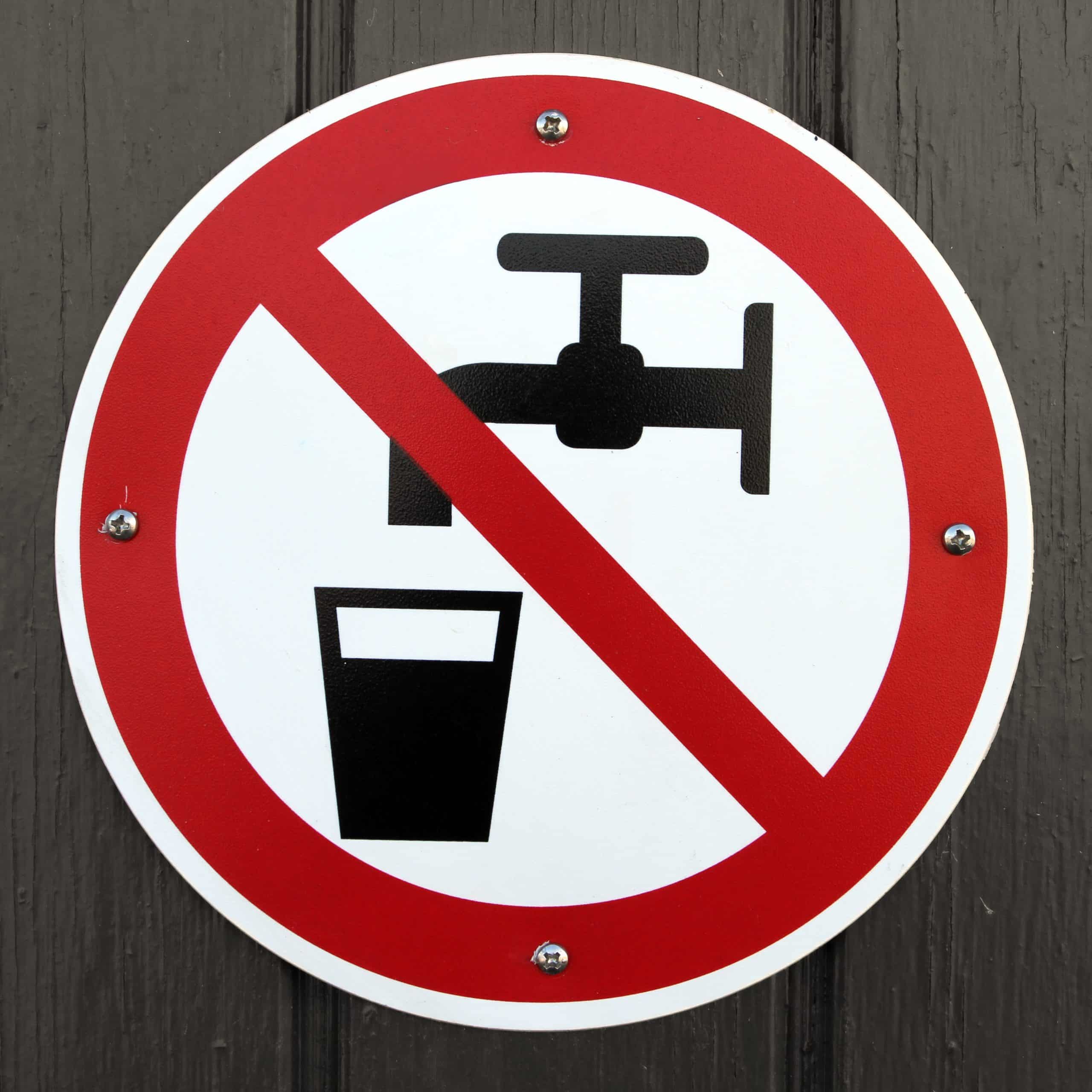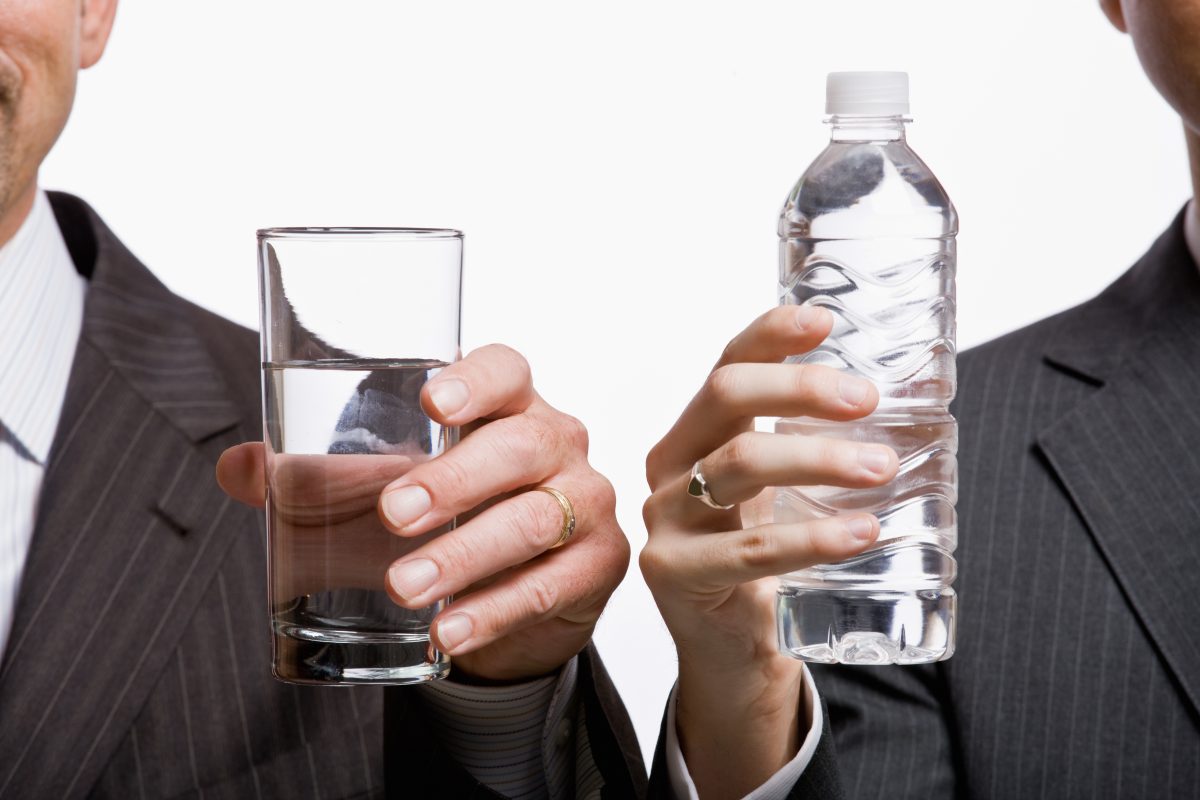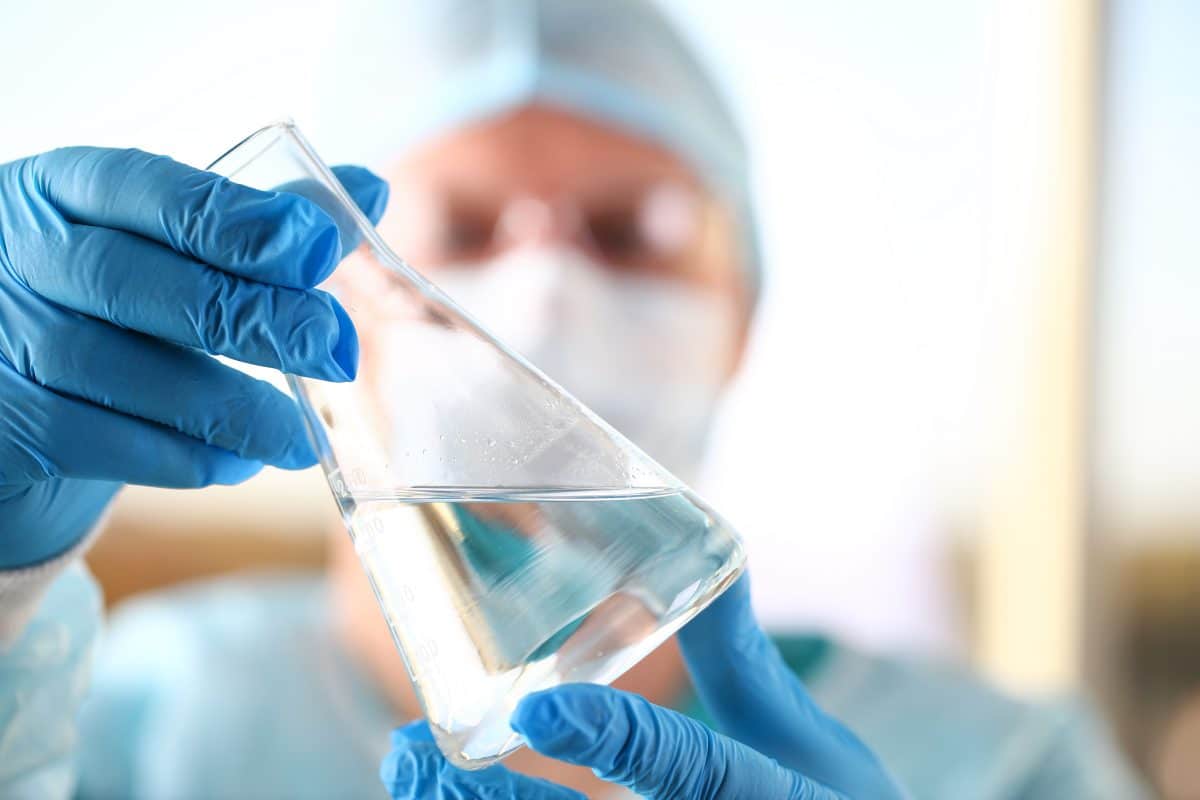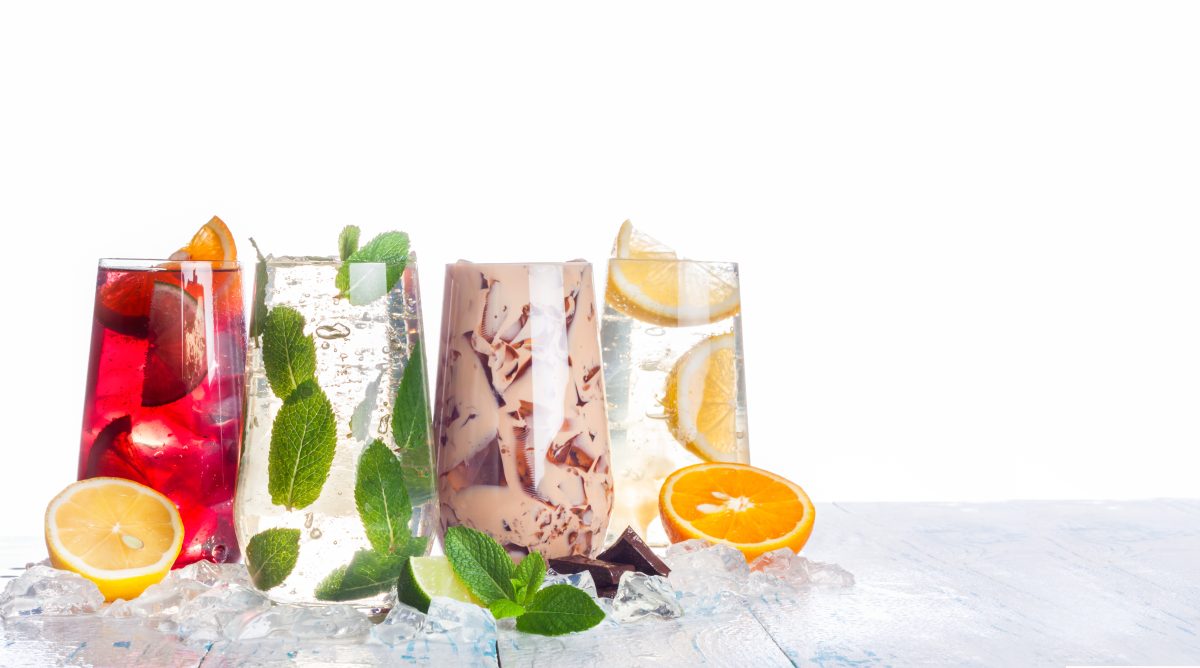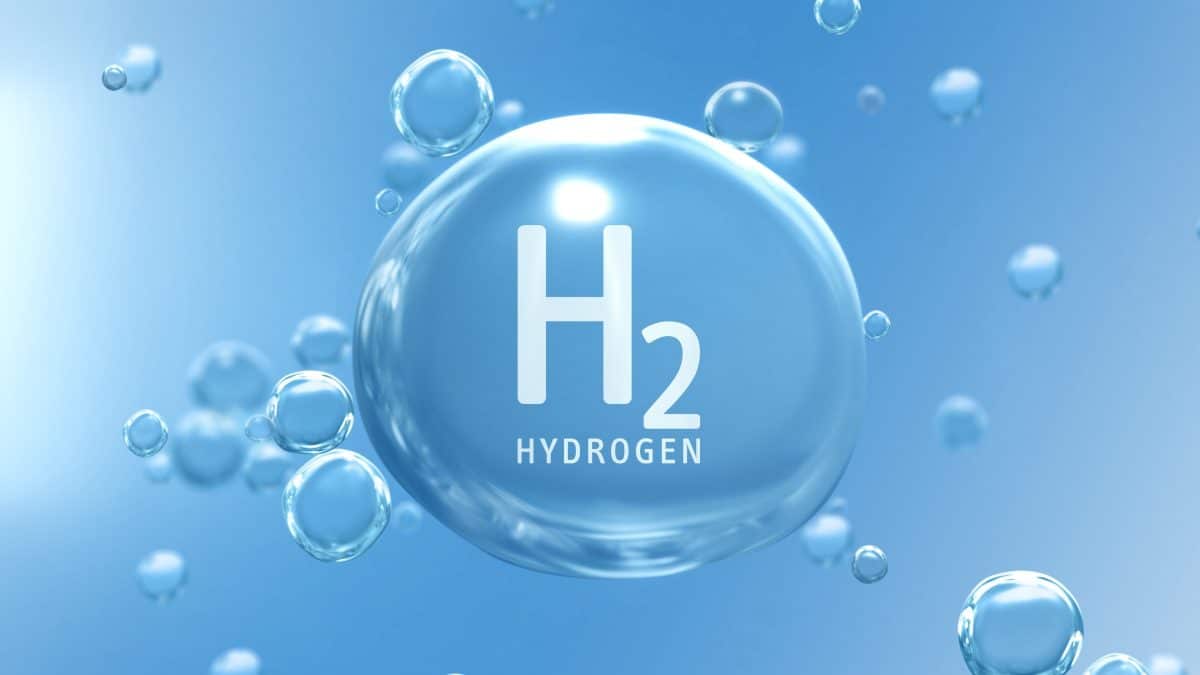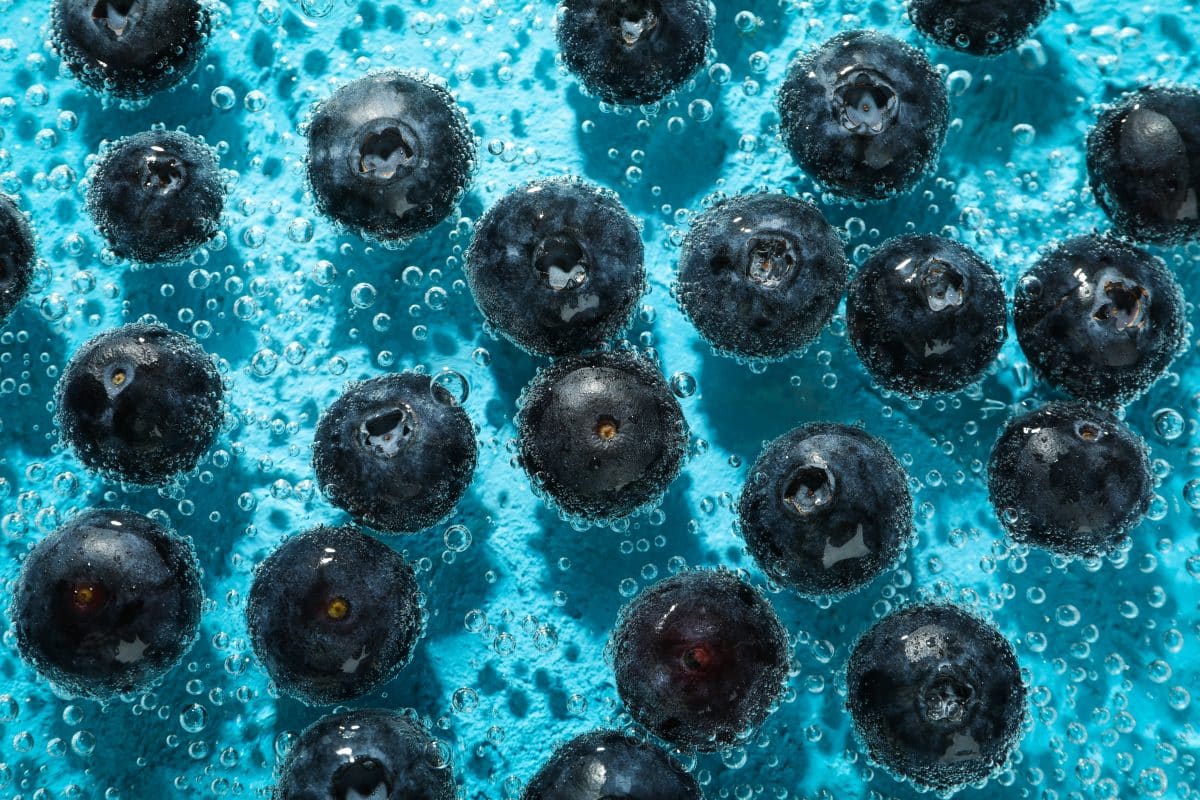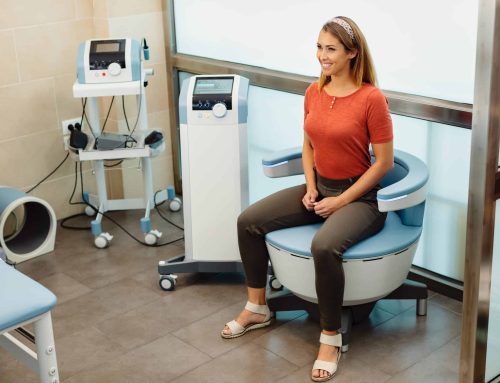More than 60% of the human body is made of water. Your heart and muscles are about 75% water, but organs like your brain, kidneys, and lungs are as much as 85% water. Astonishingly, your blood and eyes boast the highest water content at up to 95% water. With that in mind, it’s no surprise that hydration is central to your health, so why would anyone suggest you stop drinking water?
Well, Dr. Jill Wade of Stonebriar Smile Design, in conjunction with health and wellness coaches Bonnie Popovich and Chantelle Taylor, share some interesting insights on drinking water in various forms, whether it’s tap, bottled, or well water. It’s not just about drinking water or refraining from it; it’s about the type of water you’re drinking.
1. It’s Not as Clean as You Think: Tap Water vs Bottled Water
Dr. Jill Wade admits to having been a “huge proponent of alkaline water,” alkaline diets, and the like, in an effort to “balance” her overall pH levels and reduce acidity. Since acidity breeds inflammation, aiming for a more alkaline (or neutral) bodily environment is said to put you in a better state of health.
You’ve probably gotten plenty of advice on how much water to drink, but where that water comes from isn’t often mentioned. Because it’s readily available by way of your household taps, and you trust it’s clean enough to drink—until you can visibly see a change in color or it smells—there’s not much reason to believe otherwise. However, despite its convenience and availability, tap water often contains a range of chemicals that can take a toll on your health; and although your local municipal systems aim to sanitize your water, this process frequently introduces chemicals such as arsenic (yes, that arsenic), fluoride, chlorine, and cancer-causing substances.
These substances, while deemed within “safety limits,” are often present at levels that exceed what’s considered safe for long-term human consumption. The Environmental Working Group (EWG) provides public access to water quality data via their website, EWG.org. You can check contaminants in your municipality by visiting their site and inputting your zip code. Health and wellness coach Chantelle Taylor encourages people to view this information rather than taking her word for it.
In contrast, you might instinctively reach for bottled water, feeling it’s the safer choice, but it comes with its own set of risks and contaminations. The plastic packaging of bottled water, no matter the brand, leaches microplastics into the water contents. This is especially true when the bottled water is stored in heat or sunlight. “You don’t know how long water’s been sitting in those plastic bottles, in the sunlight, in the truck that was warm,” warns Chantelle Taylor. “And the acidity just increases…and you’re drinking a pH of maybe five.” Generally speaking, your body’s pH levels should be around 7–7.5. “So you’re just putting that acid into your system, increasing inflammation and decreasing your body’s own ability to fight disease,” she continues.
Besides the waste contribution bottled water creates, you’re also ingesting microplastics. So, should you stop drinking water? If it’s laden with chemicals or stored in heat for hours or days before it makes it to the shelf of your local supermarket, then probably so.
2. Inflammation and Dehydration
Most modern diets and lifestyles create a highly acidic internal environment, which is further exacerbated by processed foods, stress, and environmental toxins. This acidity drives inflammation—a known precursor to a host of chronic diseases, including heart disease, diabetes, and autoimmune disorders. Dr. Jill Wade, DDS, MAGD, who practices dentistry in the Dallas/Fortworth Metroplex, admits to “hating water.” She’d prefer to drink coffee, iced tea, or the occasional soda. She would often joke saying, “The ice in my soda, that’s my water.”
Obviously, this isn’t a good practice, nor is an ice cube (or few) a sufficient source of water for the body. However, more often than not, many people don’t consume enough water and dehydration is easier to achieve than you might think. For that reason, Dr. Wade has changed her water-drinking habits and has even made it easier and more accessible for her team at Stonebriar Smile Design to do the same.
While water on its own doesn’t cause inflammation and dehydration, additives, chemicals, and other substances found in commercial drinks, and other sources of water from which drinks are made, can. Someone who knows firsthand about bodily inflammation is health and wellness coach Bonnie Popovich— she was diagnosed with lupus, a chronic autoimmune condition that causes widespread inflammation. Speaking of her condition, she says that her body “overreacts to things, whether it’s laundry soap or anything.” Everyday things, from the soap she uses to the food she eats can affect her condition. Lupus also caused her to have severe lymphedema in her legs, where “you could push on the front of [her] shin, and it would go in an inch deep and stay there,” Bonnie says. She also developed a pocket of fluid around her heart—which led to a blackout spell at work—along with other concerning issues, in spite of the myriad of medications she took to manage her condition. Believe or not, Bonnie Popovich has mitigated her lupus symptoms, drastically reduced her flare-ups, and lost over 60 pounds—all within 12 months—by changing one simple thing: the type of water she drinks.
3. Ditch the Tap and Opt for Hydrogen-Rich Water
Hydrogen-rich water, created via electrolysis, is infused with molecular hydrogen—it’s the “H₂” in H₂O. Hydrogen is the smallest and most bioavailable antioxidant known to science, and hydrogen molecules seek inflamed tissues and search for free radicals to flush them from the body. In comparison, alkaline water focuses on pH balance, while hydrogen water goes deeper, offering benefits beyond pH manipulation.
Key Benefits of Hydrogen-Rich Water:
- Powerful Antioxidant: Hydrogen is a potent antioxidant, capable of neutralizing harmful free radicals that contribute to aging and disease. In fact, according to Bonnie Popovich, one cup of hydrogen-rich water has the same amount of antioxidants as 2.5 pounds of blueberries.
- Anti-inflammatory: Reduces chronic inflammation at a cellular level, supporting the body’s natural healing processes. “Hydrogen happens to be, as an element, molecular hydrogen is the world’s strongest antioxidant,” Chantelle Taylor attests. “It is the world’s strongest anti-inflammatory and detoxifier for [the] body.”
- Cellular Repair: Penetrates cells and helps restore normal function, improving everything from metabolic health to cognitive function. “It’s literally repairing your body at a cellular level,” reiterates Chantelle.
- Detoxification: Assists in flushing toxins and waste, which can enhance liver and kidney function.
- Immune Support: Boosts immune system efficiency, aiding recovery and resilience against illness.
- Improved Hydration: Electrolyzed-reduced, hydrogen-rich water, due to its smaller molecular size—having been separated from the oxygen molecule—can “easily break through our cell walls,” informs Chantelle. This promotes recovery and better hydration.
Do you really need to stop drinking water? Of course not, but you may want to consider where your water comes from, check the chemical concentration of the water in your local municipality, and delve into your own research about electrolyzed-reduced, hydrogen-rich water—then decide.
Join the conversation with Dr. Wade, Chantelle Taylor, and Bonnie Popovich as the discussion continues. If you want to read more about the power of water, take a look at part two of the series on why you should stop drinking water.
Click here to watch this episode of the Beyond Face Value Show on YouTube.
Visit us on YouTube to hear more about Stonebriar Smile Design in Frisco, Texas, and wellness dentistry, and be sure to comment, like, and subscribe.

